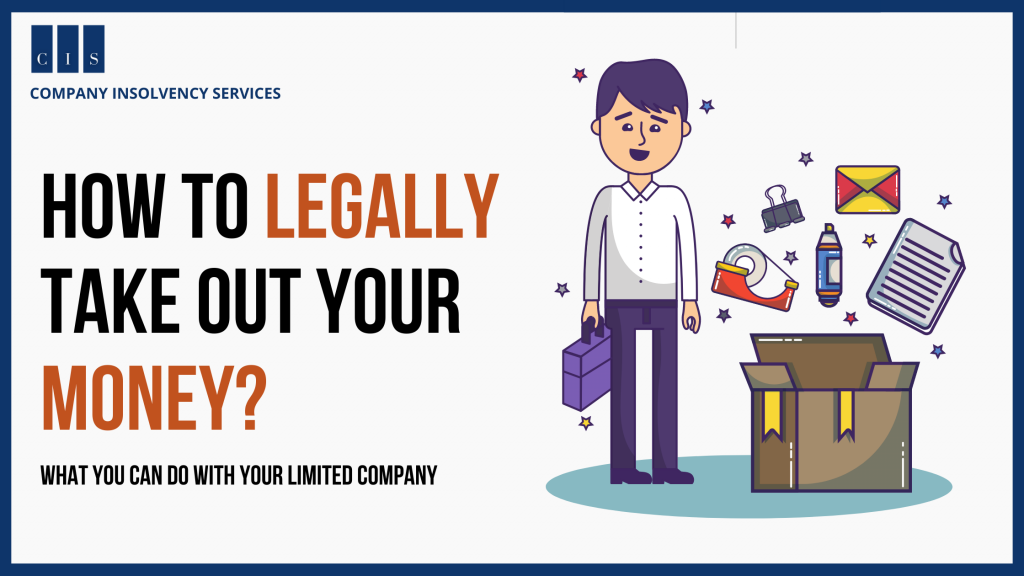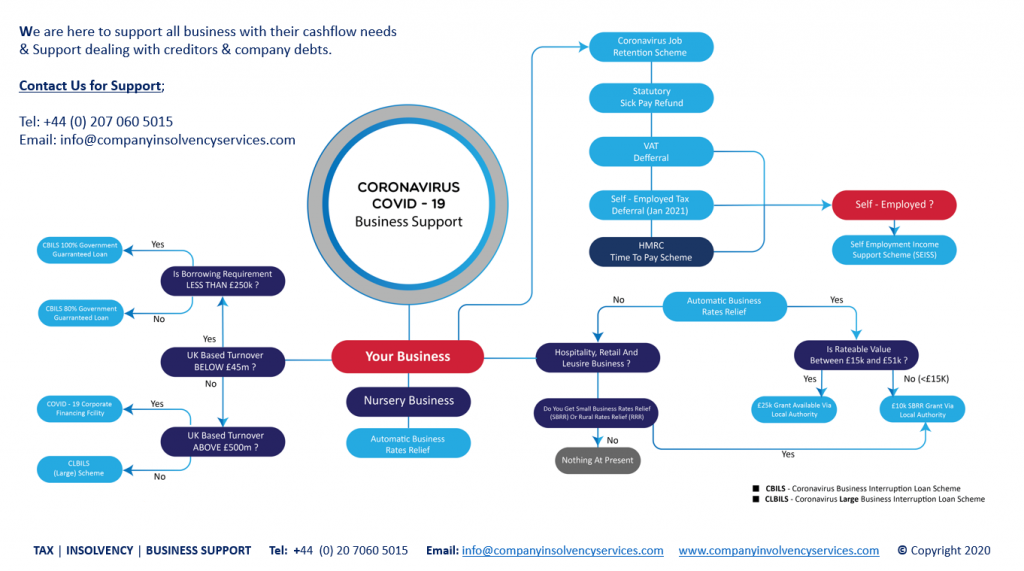HOW TO LEGALLY TAKE MONEY OUT OF A LIMITED COMPANY IN THE UK?
You may believe you can use your company’s money after you establish a limited company, for personal use, without attracting the attention of the taxman. For personal use, without attracting the attention of the taxman.
You may be wrong on that score; if you are caught dipping your hand into company takings without very good reason (called making a ‘withdrawal’), HMRC will likely come down hard on you like an avalanche!
The important thing to remember is this: once monies are inside your limited company they belong to the Company, not just you. If it comes to light, HMRC have no hesitation in taxing withdrawals over £8,500 as ‘miscellaneous income’ which isn’t subject to corporation tax. It can also hit your National Insurance Contributions and/or PAYE contributions too.
For example, A withdrawal of £25,000 would net the company £8,495. Of this amount, an additional £144 income tax will be due. Your employer (HMRC) will also take Class 1A NIC at 13.8%. You are then left with £19,341 after corporation tax has been taken into consideration. Not much!
What you can do with your limited company
-There are several exceptions to the withdrawal rules, which give you leeway if you need money that’s rightfully yours.
1) Money has to be used for business purposes (purchases of raw materials etc.) and is not personal use. Any withdrawals must be in accordance with ‘normal expenditure patterns’ or HMRC will investigate/ tax it accordingly. This would include buying your new car, so long as it fits within the ‘normal parameters’ for company spending. HMRC is getting more forensic when assessing these types of claims so make sure all purchases are documented meticulously.
2) Sale of goods or services in the normal course of business does not fall under this rule.
3) Income from your business when it comes in can be withdrawn and spent in whatever way you wish, including paying for personal goods and services, again so long as each withdrawal does not exceed £8,500.
4) You can withdraw money to cover reasonable outgoings that come about due to things such as the sale of a company asset or even winding down (dissolving) the Company before it is finally closed-down. The key thing is these withdrawals cannot be made more than once in any 12 month period and must ‘balance out’ against anything else expenditure wise during the same time period. Also make sure all invoices are kept; if audited HMRC will want full and frank disclosure of all receipts and payments.
What you CANNOT do with your limited company:
1) You cannot withdraw money for personal or non-company use if that withdrawal exceeds £8,500 in any one year; this is called a ‘withdrawal’ and HMRC will see it as such (an unauthorized payment). If they believe the withdrawal has been made without good reason, they will tax it accordingly. It would be up to you to prove otherwise if challenged.
2) You cannot make withdrawals from the Company when you have already made similar withdrawals in the previous 12 months, i.e. more than one withdrawal per year even if the amounts are less than £8,500 – unless there are ‘reasonable’ business reasons for doing so.
For example: You want to buy a new car but, within the last 12 months you already bought one using money from your company; in this instance it may be OK to do so again as long as you can show that both cars are used for Company purposes (not purely personal use). You wouldn’t be able to withdraw personal monies if the car was only available/ allotted for personal use!
3) If you take £8,500 or less out of your limited company in any year, the taxman will deem it an allowable expense and not subject to additional taxes unless there is no record of where that payment went i.e. there is no documentation to support anything beyond the tax due.
4) If you are dissolving your limited company, it is only possible to transfer its assets (money in bank accounts, property owned etc.) to another Company, not to an individual. This action must be approved by the shareholders of the original Company, and you will have to pay out any outstanding liabilities first. Your limited company can then be dissolved formally with Companies House. You may not receive a penny if there isn’t enough money left after all bills have been paid!
HMRC is serious about taxing withdrawals from limited companies up to £8,500 as ‘miscellaneous income’ so doesn’t take too much or they will hammer you!!
How can money be taken out of a company legally? There are three ways:
1) A shareholder or director can make a written request to the company asking for cash to be released from its bank account. This would include paying off loans and mortgages, buying shares in other companies (like a normal investor), paying for holidays and big-ticket items (cars etc.)
2) The company’s accounts can display what is known as ‘drawings’ – this is where directors put their own monies into the business and withdraw them later on when they want it e.g. Directors Loans/ drawings…
3) If the Company has made a profit in any given year, it can reduce its corporation tax liability by making payments out to shareholders in the form of dividends; if you operate through an umbrella company these are tax free dividends – so it doesn’t get taxed twice.
Need further help?




